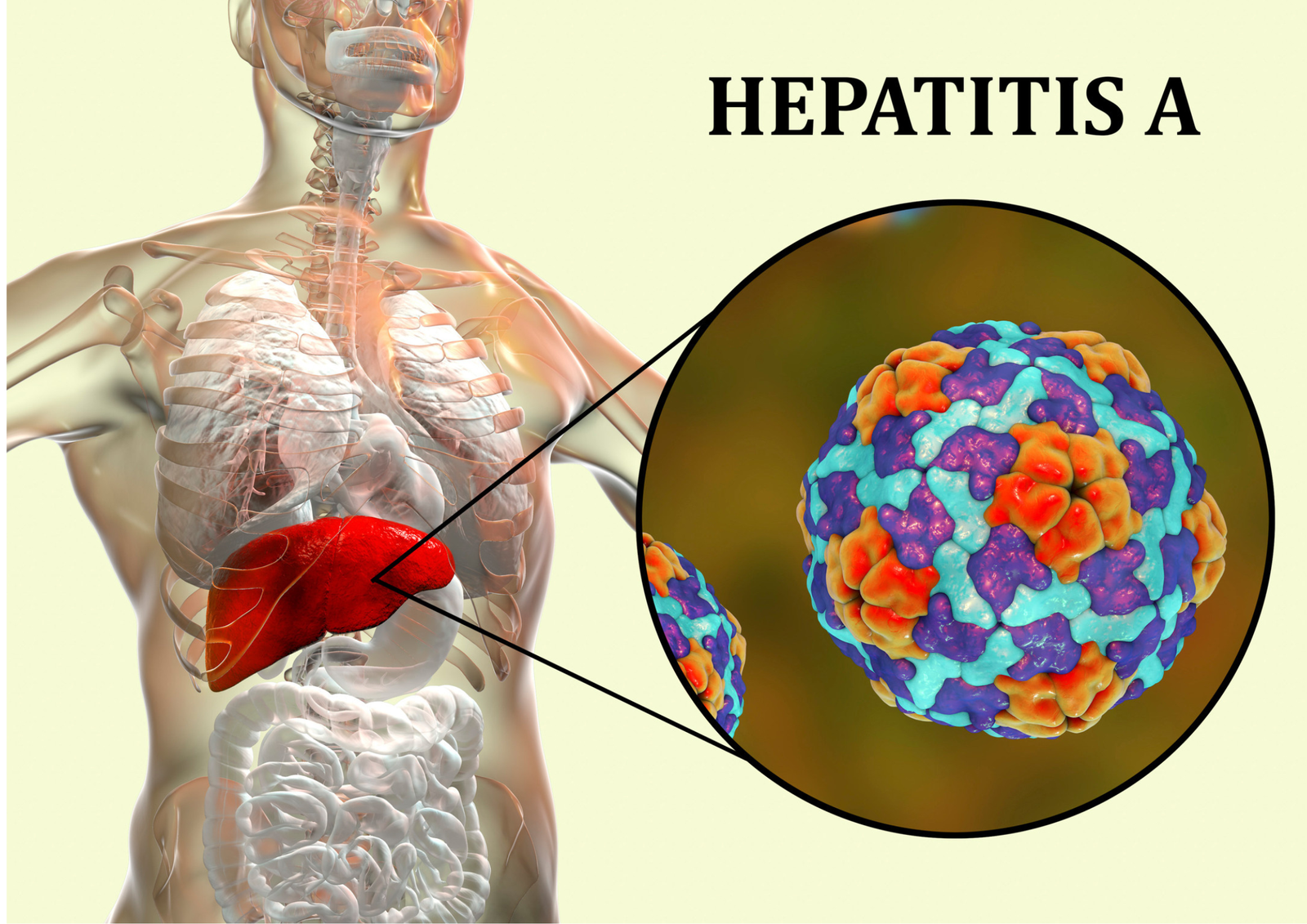
Protein: The Building Block of Life
Protein is one of the most crucial nutrients our body needs to function properly. Often called the “building block of life,” proteins are involved in nearly every process within the human body. From repairing cells and tissues to making hormones and enzymes, protein plays a vital role in maintaining health and vitality. Despite its importance, many people are still unclear about how much protein they need, where to get it, and which type is best for them.
What is Protein?
Large, complex molecules known as proteins are composed of simpler building blocks known as amino acids. Nine of the 20 different amino acids are regarded as necessary as the body is unable to produce them on its own and needs to obtain them from our diet. Proteins help build and repair tissues, produce enzymes and hormones, and are essential for muscle health, immunity, and overall growth.
Why is Protein Important?
- Muscle Health: Protein is essential for building and repairing muscles. This is why athletes, bodybuilders, or anyone engaging in regular physical activity needs adequate protein to support muscle recovery and growth.
- Enzymes and Hormones: Many hormones and enzymes that regulate bodily functions are nutriment . nutriment include, for instance, hemoglobin, which delivers oxygen in the blood, and insulin, which regulates blood sugar.
- Immunity: Proteins are also used to make antibodies that fend against infections. Your immune system may deteriorate if you don’t get enough protein, leaving you more vulnerable to disease.
- Weight Management: High-protein diets can help with weight loss by reducing appetite and boosting metabolism. Protein keeps you full for longer, reducing unhealthy snacking.
- Cell Repair and Growth: Protein plays a major role in the maintenance and repair of tissues, especially during injury or illness.
Types of Protein
Proteins can be classified into two main categories — complete and incomplete proteins.
- Complete proteins: These have adequate concentrations of each of the nine necessary amino acids. Complete proteins come from animal sources such as meat, poultry, fish, eggs, and dairy products.
- Incomplete Proteins: These are deficient in one or more vital amino acids. This includes the majority of plant-based foods, such as grains, legumes, nuts, and seeds. However, combining different plant proteins (like rice and beans) can provide all essential amino acids, making a “complete” nutriment.
Best Sources of Protein
Animal Sources:
- Eggs: Highly digestible and rich in all essential amino acids.
- Chicken: Lean and high in protein.
- Fish: Packed with protein and healthy omega-3 fats.
- Dairy: Milk, yogurt, and cheese are excellent sources.
Plant Sources:
- Legumes: Lentils, chickpeas, beans.
- Nuts and Seeds: Almonds, peanuts, chia seeds, flaxseeds.
- Soy Products: Tofu, tempeh, soy milk — among the few plant-based complete nutriment.
- Whole Grains: Quinoa, buckwheat.
How Much Protein Do You Need?
Protein required by our body based on age, sex, activity level, and health status. For a healthy adult, the general guideline is 0.8 grams of protein per kilogram of body weight per day. For example, a person weighing 70 kg needs about 56 grams of protein daily. Athletes, pregnant women, and people recovering from illness or surgery may require more.
Signs of Protein Deficiency
Not getting enough protein can lead to fatigue, muscle loss, poor immunity, and slow wound healing. In severe cases, protein deficiency can cause conditions like kwashiorkor, especially in children in developing countries.
Can You Have Too Much Protein?
While protein is essential, excessive intake can strain the kidneys over time, especially in people with existing kidney problems. Extremely high-protein diets can also lead to dehydration and nutrient imbalance. Balance is key — focus on quality sources and appropriate amounts.
Tips to Add More Protein to Your Diet
- Start your day with protein-rich breakfasts like eggs, Greek yogurt, or smoothies with protein rich foods.
- Include a source of protein in every meal.
- Snack smart with nuts, seeds, or roasted chickpeas.
- Experiment with plant-based proteins like tofu, lentils, and quinoa.
- If needed, consult a doctor or nutritionist before taking protein supplements.
Get more information click here.
If you are 100% ayurvedic medicine. click here




